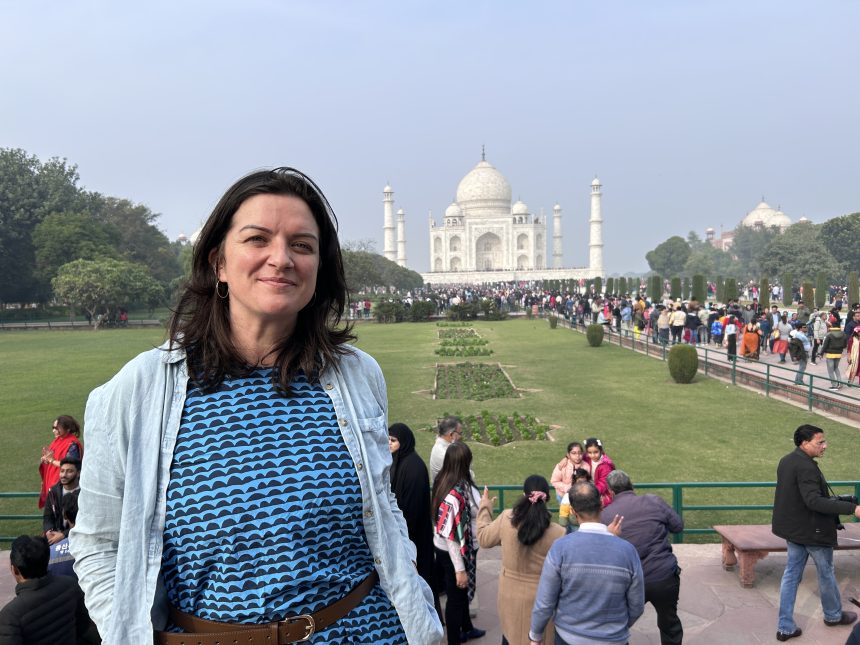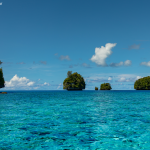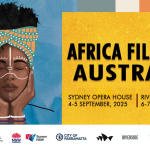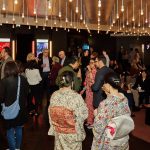Most of us view travel as an indulgence and a respite from the world of work. For Louise Laing, it’s so much more.
The Intrepid executive has built her career on a single conviction: that the way we move through the world matters. Travel can exploit, or it can uplift. It can deplete, or it can restore. And in her hands, it can be activism in motion.
When we caught up for this interview, Laing was as candid as she is passionate — a natural storyteller who folds personal experience into professional vision with ease. She speaks of deserts that heal broken hearts, of elephants reclaiming their forests, and of women in South Africa patrolling vast landscapes without weapons and so reshaping what conservation looks like. She does it with a conviction that is less about marketing and more about meaning.
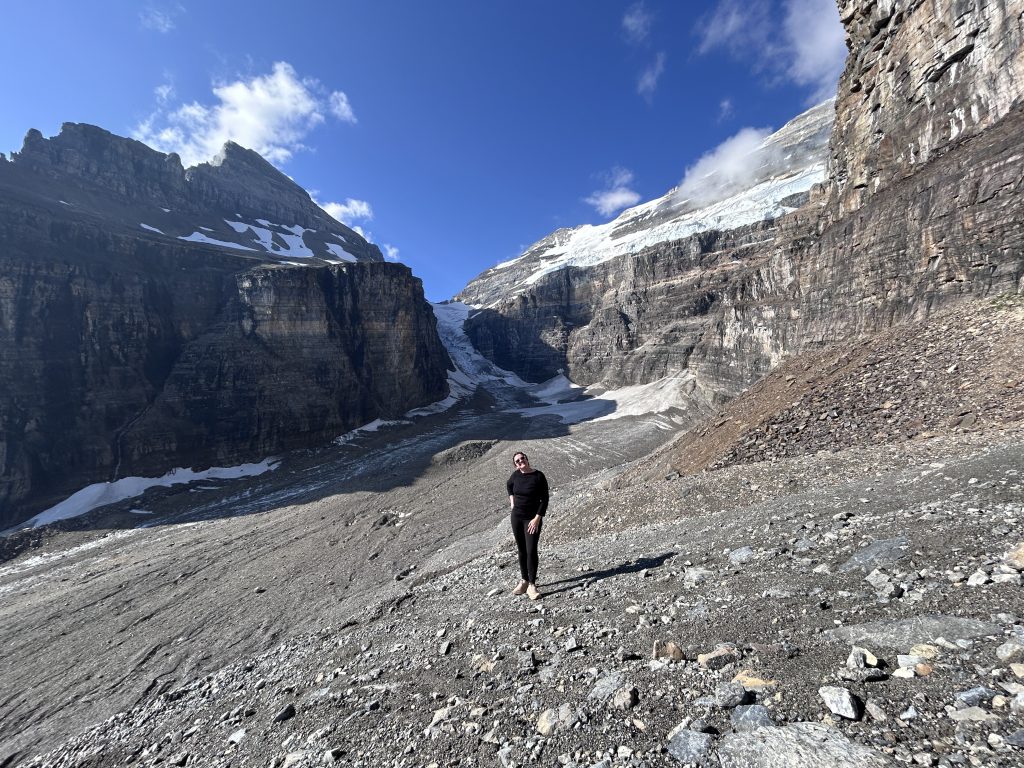
Intrepid is known for its ethical adventuring. What’s the one destination for you right now?
Louise Laing: So this is not going to be a surprise to anyone given my recent news, but I’m saying the USA. And I’m saying the USA because, in a way, it feels revolutionary. There’s a cultural narrative right now that discourages people from travelling there — with everything that’s going on politically and socially. But I believe travel is what changes the world.If you want to make a positive impact, then the USA is exactly where I’d say to go. Also — come and visit me in my new home in Seattle!
But more seriously, part of the pull is because of the national parks. Everyone’s heard there are big cuts happening in the US — funding being slashed, staff being laid off, the very heart of these parks under threat. The best way to help them is to visit them responsibly. To be a positive contributor, not a bystander.
We’ve just launched two activism trips in the States, hosted by influential American activists. They blend discussions around conservation with travel through the parks, connecting travellers who care deeply about saving these wild spaces. It’s about raising awareness, sparking conversation, and being part of a solution. If you’re worried about what’s happening in America, then go — go and support the people and places who need it most.
That’s a brilliant reframe — especially from a National Parks perspective.
Exactly. Some people think “the US” and “revolutionary travel” don’t belong in the same sentence. But I’d say right now, they absolutely do. If you go, if you live it, breathe it, smell it, touch it — then you start to care. And caring changes everything.
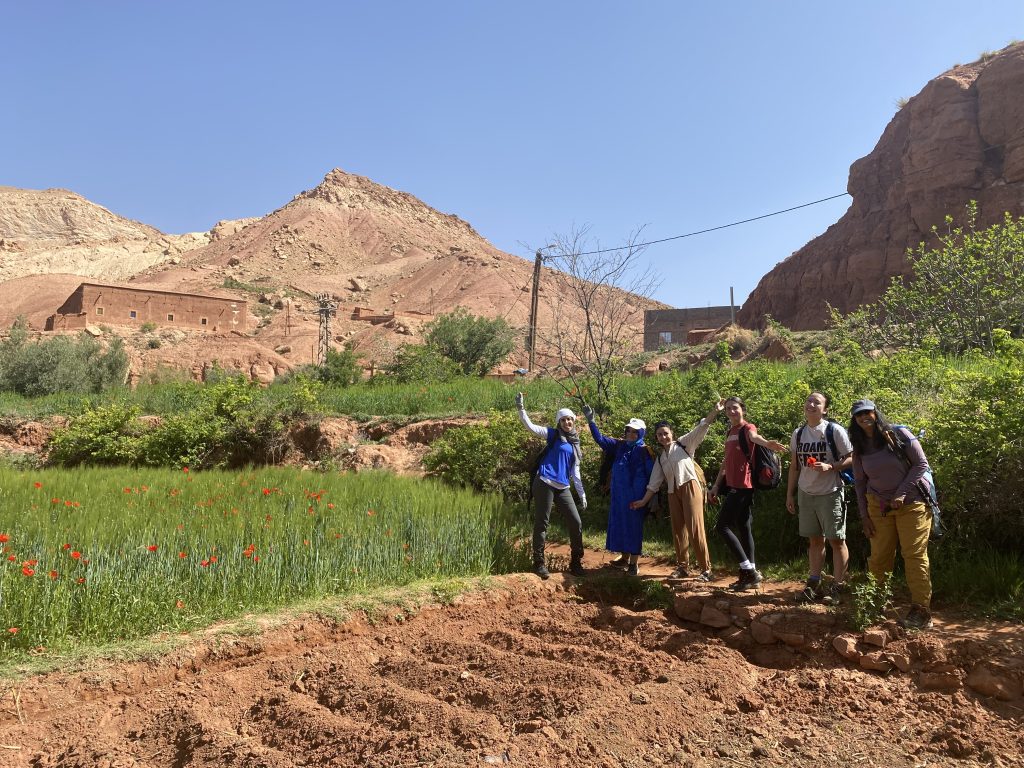
Who is your modern hero?
I have to start with David Attenborough. His recent documentary Ocean wrecked me — in the best possible way. He’s not an unsung hero, but imagine this: he’s 99 years old, still making films that bring people to tears, still inspiring generations to do better.
I walked out of that film weeping. Never going to eat a scallop again. But also determined to be better, to do better. Every time I hear his voice, I feel called to change something in my life. That’s extraordinary. Attenborough’s gift is making people more curious, more compassionate. And for me, his storytelling links directly to travel. You see what he’s seen, you feel what he feels, and you want to protect it. He’s the epitome of what it means to leave the world better than you found it.
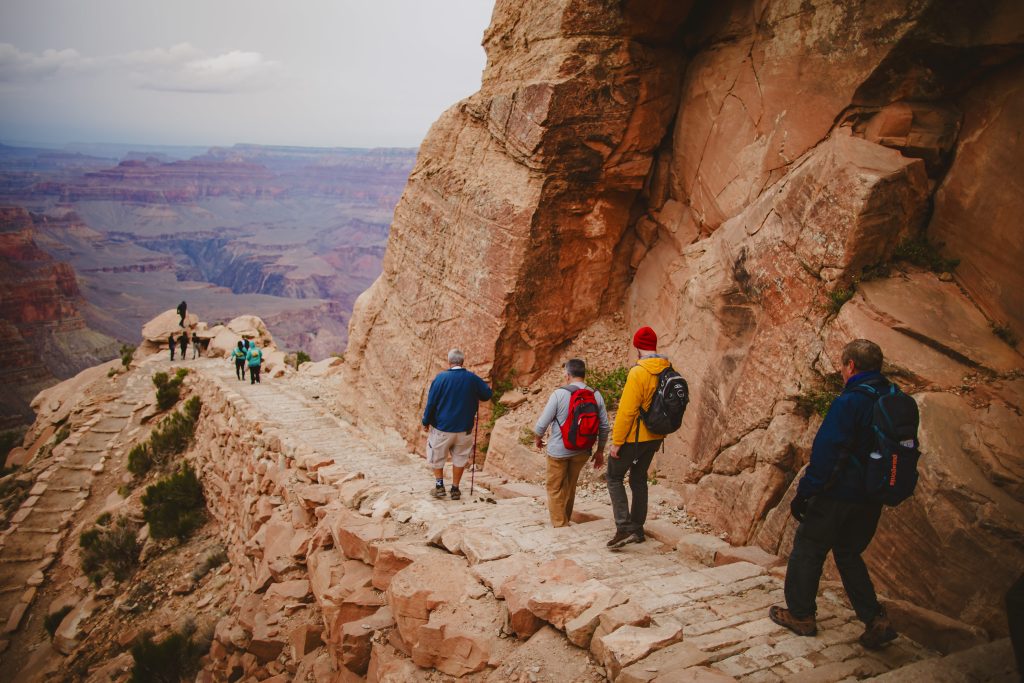
And if you could add another hero to the list?
I’d send travellers to South Africa, to meet the Black Mambas. They’re a team of unarmed women protecting wildlife in Kruger National Park — patrolling 20,000 hectares without guns, just knowledge, resilience, and courage.They host travellers, teaching them conservation through bush walks, showing that tourism can have a powerful, positive impact. And they inspire the next generation of South African women to become rangers and conservationists. The effect is generational. While they’re active, poaching plummets. But beyond that, they’re showing young women that leadership, protection, and conservation are roles they can own. That’s revolutionary.
Intrepid also partners with Country Needs People here in Australia, supporting First Nations ranger training programs. For us, it’s about listening, learning, and supporting Indigenous-led stewardship, whether in South Africa, Australia, or the US.
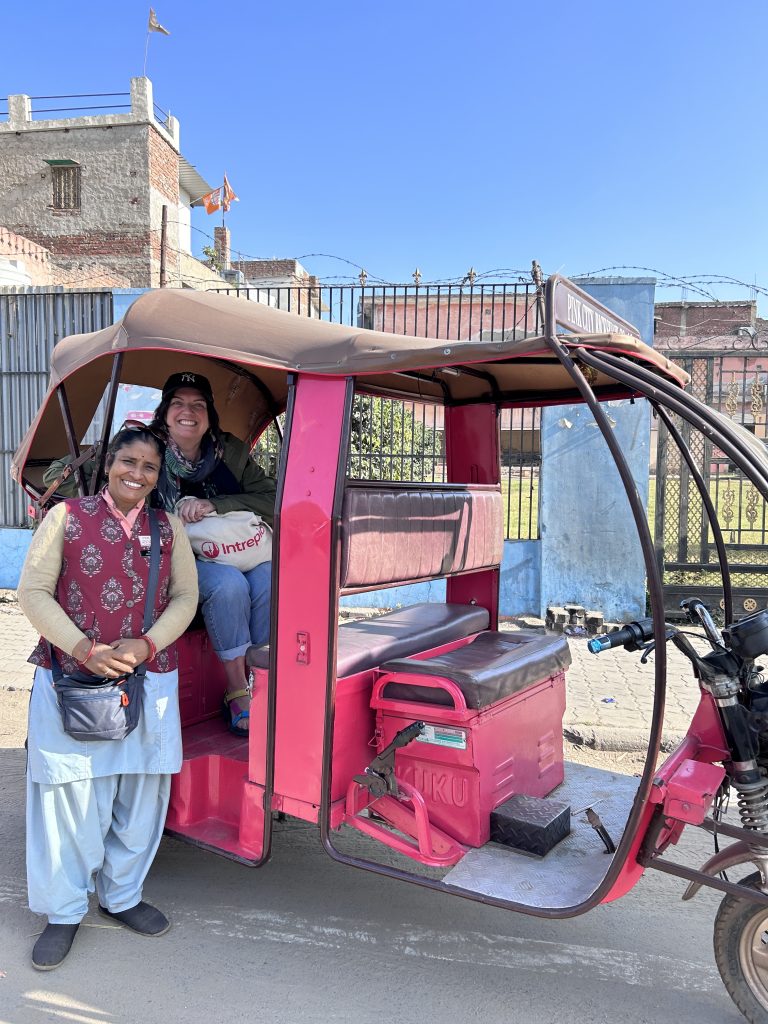
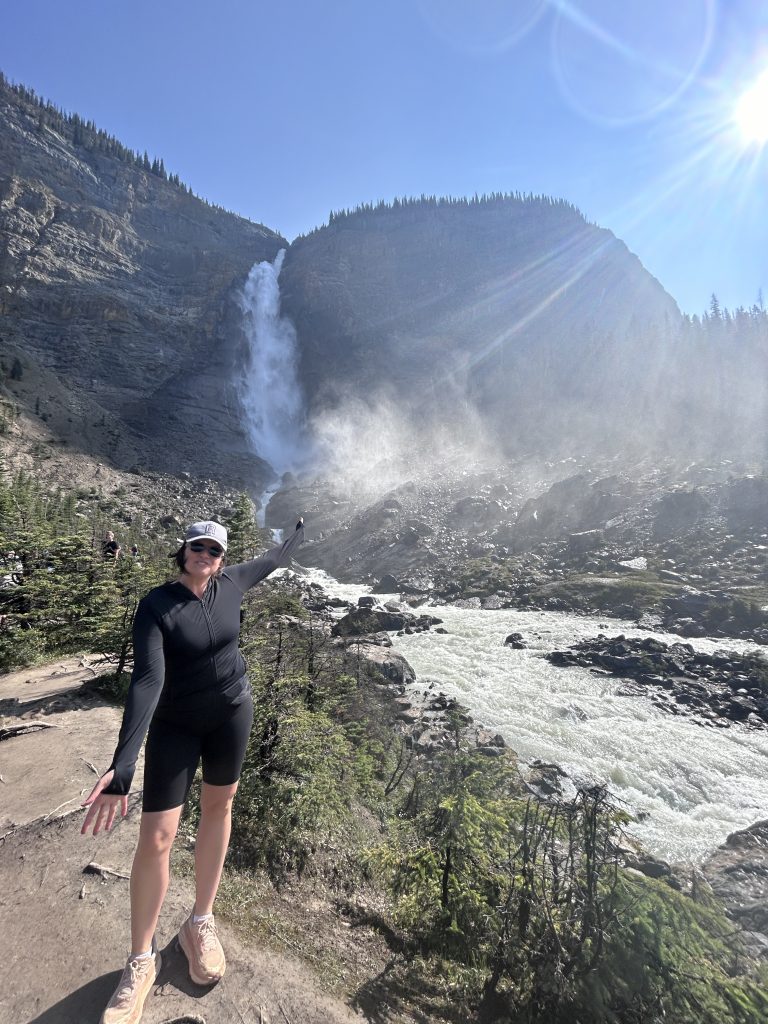
What about the best Intrepid itineraries to see animals in their natural habitat?
Laos. There’s an elephant conservation project there called MandaLao, and it’s one of my favourites. Everyone knows Intrepid was the first company to ban elephant riding — more than a decade ago — and the industry has followed suit, which is brilliant. But people still want to connect with elephants. The key is doing it without harm. At MandaLao, 11 elephants have been rescued from logging or riding camps. They live in 200 hectares of forest. Travellers visit to walk alongside them, observe them, support their rehabilitation — but never touch, never ride.
It’s about showing that you can love animals by respecting them, not exploiting them. And travellers come away transformed.
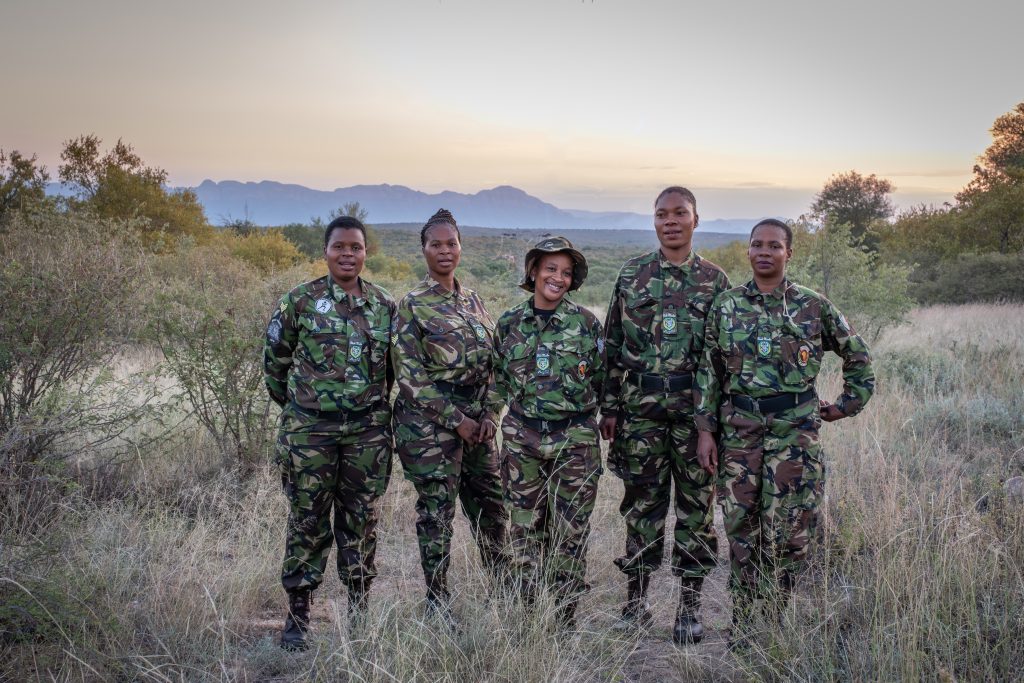
And finally, what has been your most irresistible Intrepid journey?
That would be the women’s-only expedition in Morocco. It was after lockdown, after my divorce. I joined other women to hike through the Rose Valley. We stayed in women-run accommodation, ate in women-run restaurants, and were guided by women in a culture where that is rare. I walked into the desert feeling lost. I walked out feeling found. I literally stopped to smell the roses in the Rose Valley — and came out feeling renewed.That’s what travel can do. It can heal, it can shift perspective, it can change the course of a life. Women’s expeditions — whether in Morocco, Turkey, or India — are my favourite way to travel. Seeing a country through the lens of its women is profound, humbling, and endlessly inspiring.




